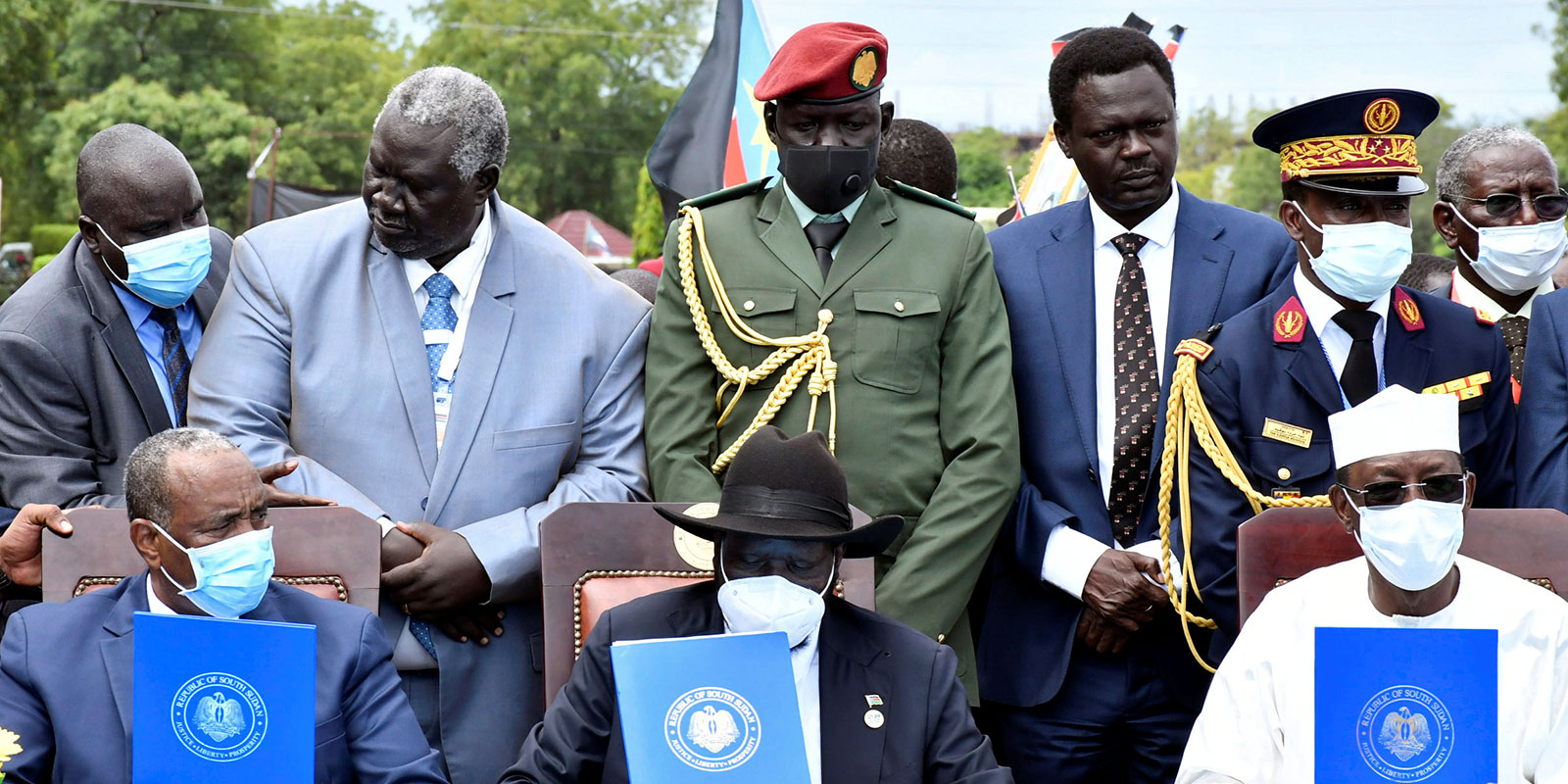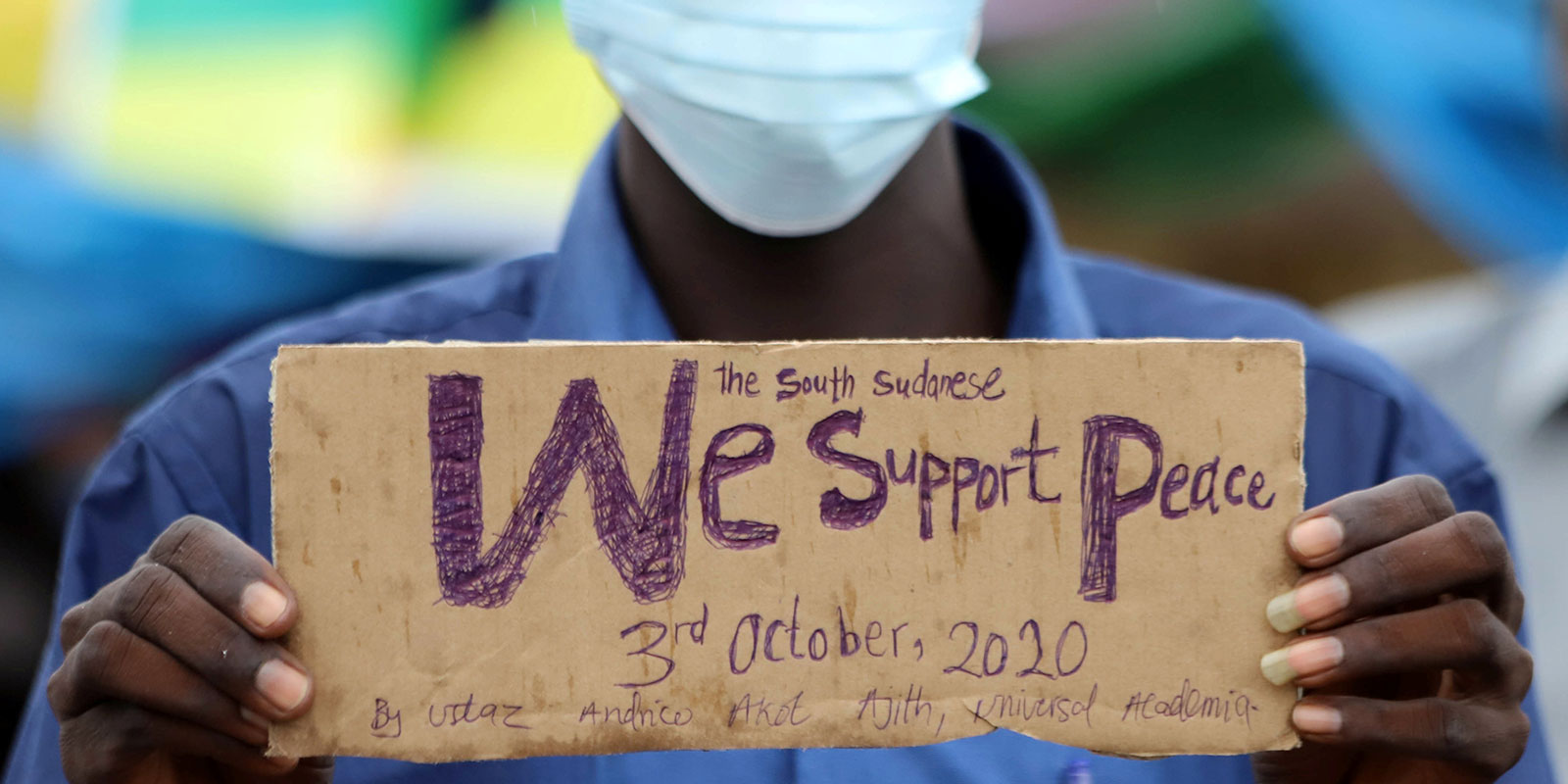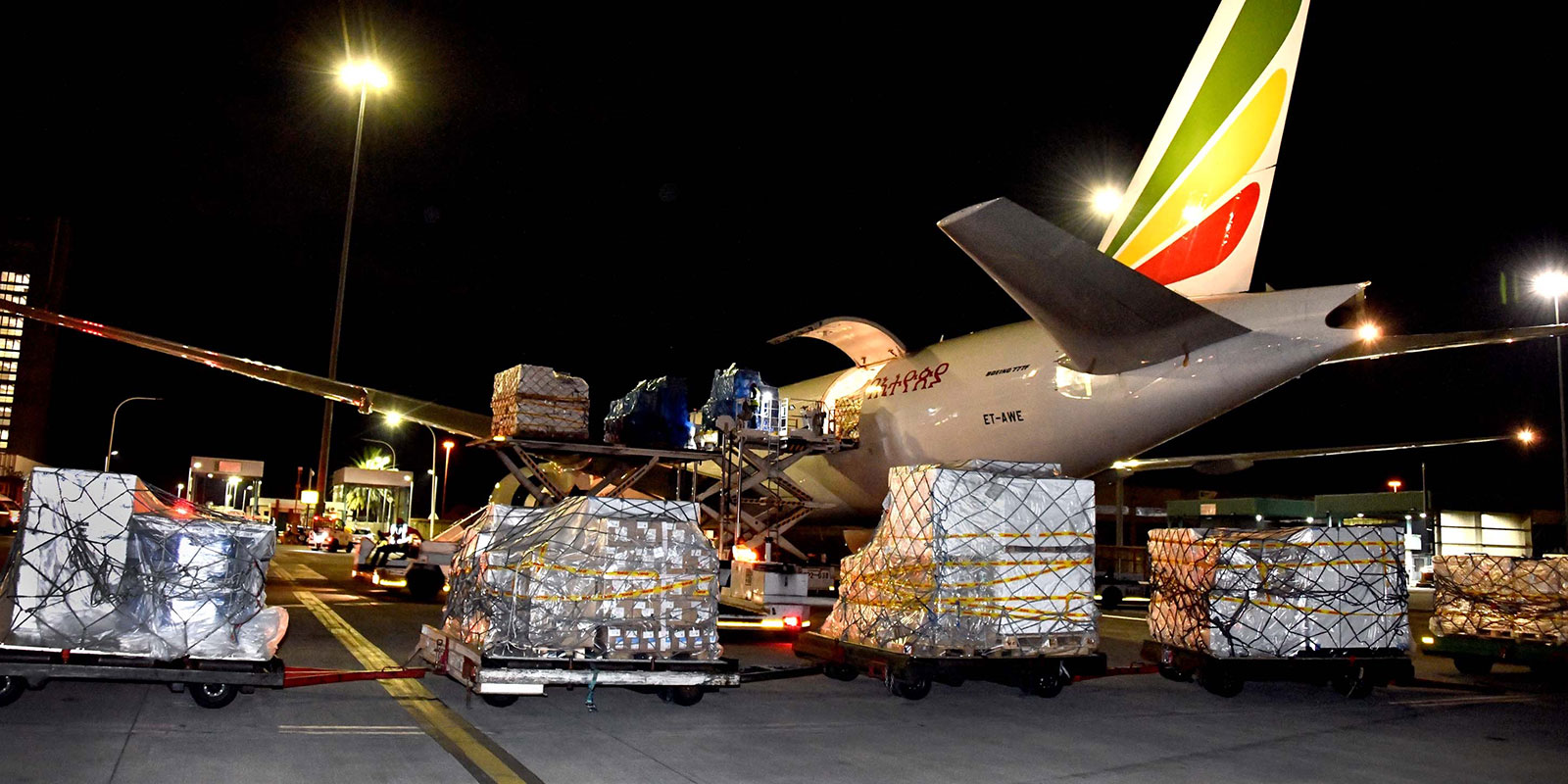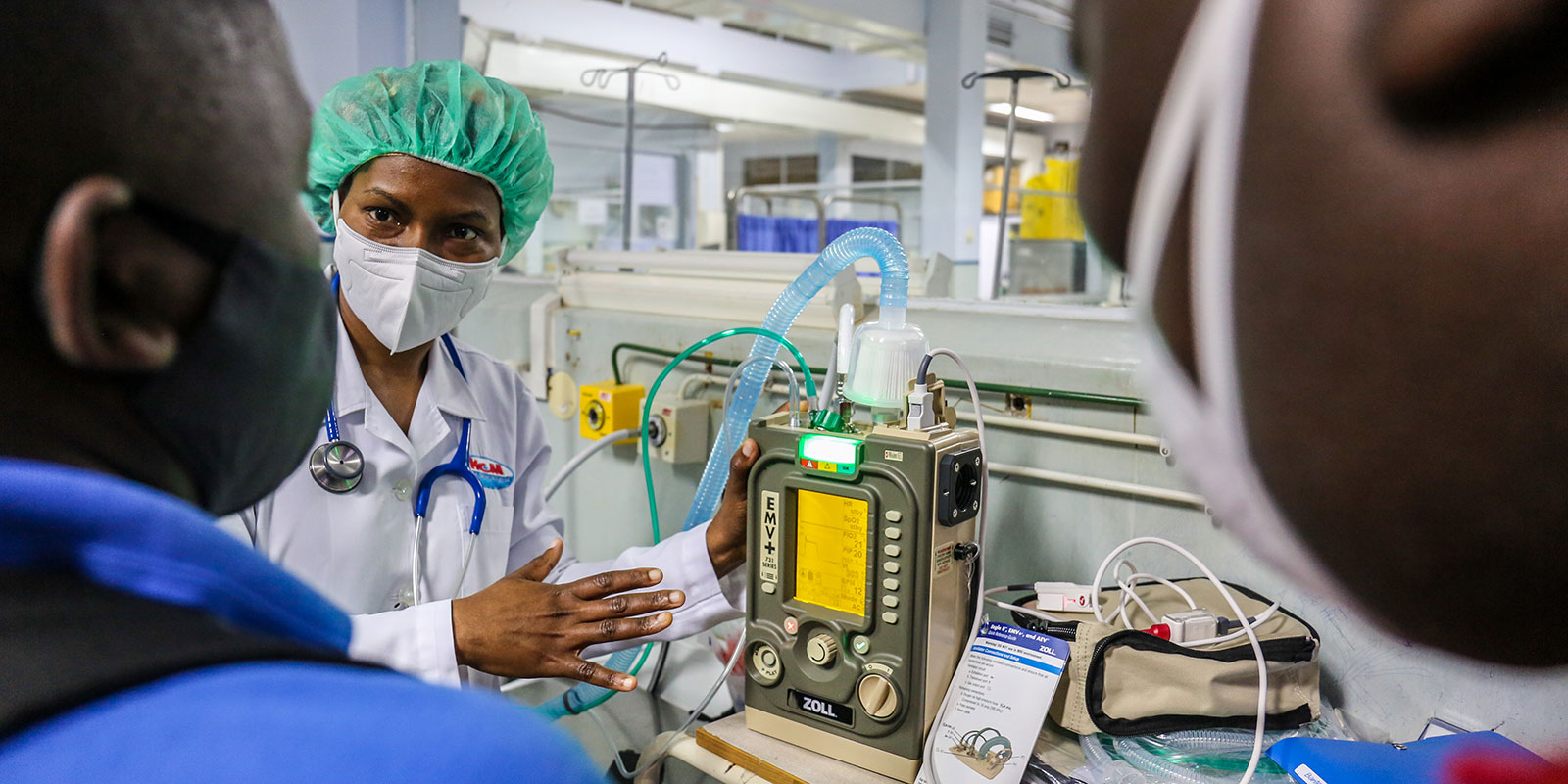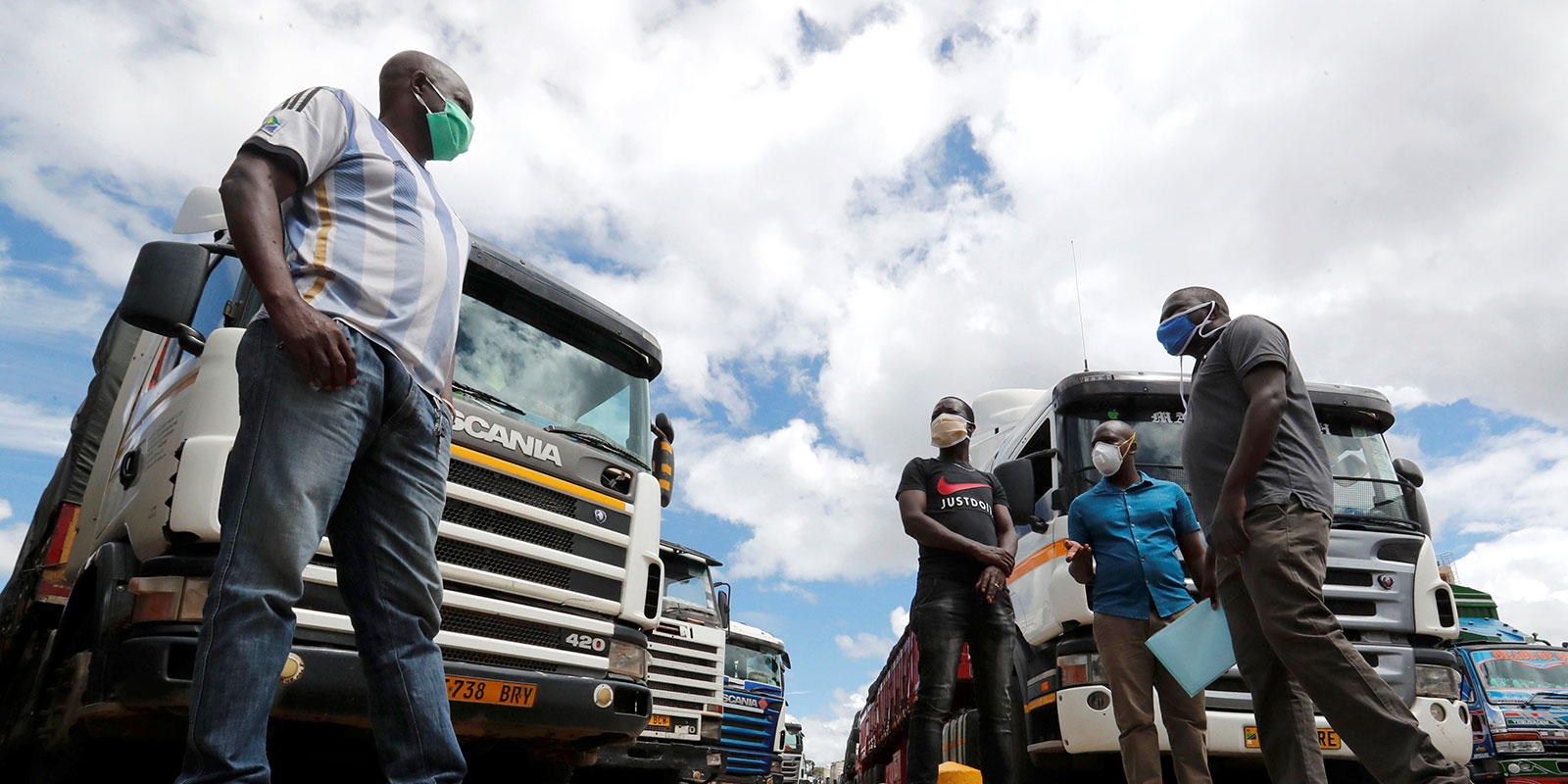In this week’s edition, our Monitor features a think piece on how the African Continental Free Trade Area can help Africa to adapt and recover from COVID-19, contributed by the African Union’s Commissioner for Trade and Industry, H.E. Albert Muchanga.
James Okuk writes about the impact of COVID-19 on the delicate peace process in South Sudan, and ACCORD’s Professor Martin Rupiya reflects on the implications of the emerging global COVID-19 vaccine politics for Africa.
Lastly, Dr Andrea Prah and Katharine Bebington write about the effect that a possible second wave – as the Africa Centres for Disease Control and Prevention has warned – could have on livelihoods, social stability and the economies of various African states.

